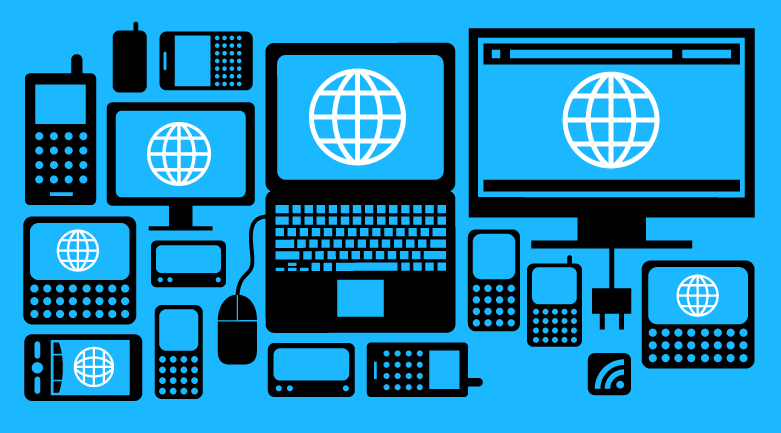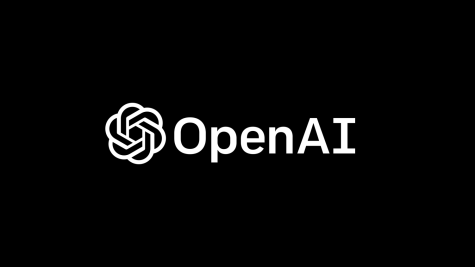Net Neutrality
December 8, 2017
A topic that has been in the headlines lately is net neutrality. So what is the all the fuss really about? Net neutrality is, according to Wikipedia, “the principle that Internet service providers must treat all data on the Internet the same, and not discriminate or charge differently by user, content, website, platform, application, type of attached equipment, or method of communication” (1). In 2011 the Federal Communications Commission (FCC) released a set of rules governing the role of Internet providers and their hold on the user’s experience of the Internet in favor of preserving the right of net neutrality. However, Trump’s newly appointed FCC chairperson, Ajit Pai, is leading the charge against net neutrality with a proposition of repealing the Net Neutrality Act. This would mean that Internet providers, such as Verizon, Cable, Optimum, etc., would be able to control, to a certain extent, the data on the Internet that their customers are most likely to see. This also means that Internet providers would be able to slow down the connection to certain sites. In a more relatable fashion, imagine the Internet as a highway. As of right now, Internet providers simply provide the “roads” for your signal to “drive” on, but they can’t control the traffic on these roads. If net neutrality ends, however, companies like Cable, Verizon, and AT&T will be able to control the traffic, meaning they can purposely slow down or even block your connection to certain sites. Although prohibited, for now, it has happened before. In 2007, Verizon came under fire for blocking text messages sent to their customers from a pro-choice abortion group. Their argument was that as a company they were allowed to ban their customers from seeing content that they deem “highly controversial.” This could be become widespread if Pai’s proposition passes.
However, on the contrary, there are some benefits to ending net neutrality. One key point to consider is that with net neutrality, the Internet is essentially a social utility, meaning that the government is managing it with taxpayer money. By privatizing the Internet, anti-net neutralists such as Gene Marks, a contributor to Forbes, ask essential questions: “However, if tech companies like Comcast, Verizon, AT&T and the like are allowed to make a profit and run this critical component of our economy aren’t we putting this responsibility in better hands?” (2) Another argument is that a lack of net neutrality would allow the Internet speeds in the US to get even faster. Besides, as Marks sarcastically asks, “Wouldn’t it be great if you could buy a new BMW for the same amount as a new Hyundai?” Both sides of this heated argument are equally debatable and it is vital to check various resources before coming to your own conclusion. Prep’s very own Mr. Quinn gave a very thought-provoking statement: “Maybe if we didn’t have net neutrality in the first place, there wouldn’t even be a debate about it since it would be considered the norm.” Regardless of your opinion on the issue, it is important to advocate and take advantage of the democracy that is the United States. Are we close to the end of net neutrality? Only time will tell.
Sources:
- Gilroy, Angele A. (March 11, 2011). Access to Broadband Networks: The Net Neutrality Debate (Report). DIANE Publishing. p. 1. ISBN 978-1437984545
- Marks, Gene. “Why ‘Net Neutrality’ Is A Dumb Idea.” Forbes, Forbes Magazine, 24 May 2014, www.forbes.com/sites/quickerbettertech/2014/05/19/why-net-neutrality-is-a-dumb-idea/#15b42fac6b41.












